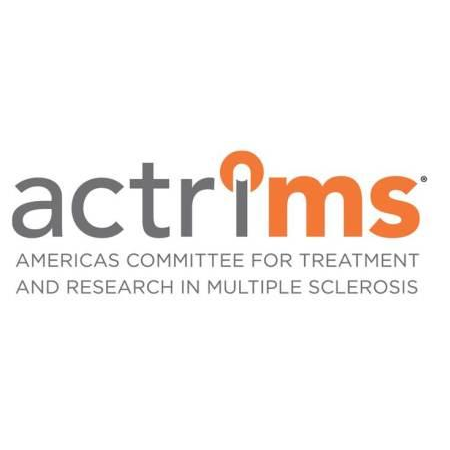A new analysis on patients with multiple sclerosis (MS) from an incident population-based case-control study presented at the 2024 Americas Committee for Treatment and Research in Multiple Sclerosis (ACTRIMS) Forum, February 29 to March 2, in West Palm Beach, Florida, showed that a high body mass index (BMI) was associated with a faster disease progression, suggesting that obesity can negatively influence patients with the disease.1
In 3249 patients with MS (mean age at baseline, 37.8 years; women, 74%), obesity was associated with a 0.022-point faster annual increase in Expanded Disability Status Scale (EDSS) score (β for EDSS x time 0.022; 95% CI, 0.003-0.041) compared with normal weight. In addition, obesity was also associated with an increased risk of reaching EDSS 3 (HR, 1.43; 95% CI, 1.17-1.75) and EDSS 4 (HR, 1.33; 95% CI, 1.05-1.70).
Top Clinical Takeaways
- Higher BMI in patients with MS correlates with a 0.022-point faster annual increase in EDSS score, underlining the association between obesity and accelerated disease progression.
- Obesity is linked to increased risks of reaching EDSS 3 and EDSS 4 in patients with MS, suggesting a potential role of body weight in determining the severity of the disease.
- Cognitive disability worsening is notably higher (HR 1.47) among MS patients who are obese compared with those without obesity.
Presented by lead author Lars Alfredsson, PhD, professor in the department of clinical neuroscience at Karolinska Institutet in Stockholm, Sweden, patients were first classified according to their BMI status at diagnosis. Participants were then followed up to 5 years postdiagnosis through the Swedish MS registry with data on changes in EDSS, Multiple Sclerosis Impact Scale 29, and Symbol Digit Modalities Test. Authors used linear mixed models to assess long-term changes, and Cox regression models to investigate risk of 24-week confirmed disability worsening, time to EDSS 3 and EDSS 4, patient-reported physical and psychological worsening, and processing speed worsening.
READ MORE: Phase 3 DAYBREAK Trial Highlights Longterm Efficacy of Ozanimod for Relapsing Multiple Sclerosis
Investigators also observed that obesity was associated with an increased risk of physical and psychological worsening in patients with MS. In the group of participants who had not changed BMI during follow-up, authors noted that the HR of cognitive disability worsening was 1.47 (95% CI, 1.08-2.01) among patients who were obese compared with those without obesity.
In a similar recent study published in the Journal of Neurology, Neurosurgery, and Psychiatry, findings showed that obesity in patients newly diagnosed with MS was associated with higher disease severity and poorer outcome, suggesting that management of obesity could improve clinical outcomes.2 Conducted by senior author Jan D. Lünemann, MD, MBA, full professor of neurology at the University of Münster in Germany, and colleagues, this nationwide longitudinal cohort study included 1066 patients from the German National MS cohort. Investigators compared EDSS scores, relapse rates, MRI findings and choice of immunotherapy at baseline and at years 2, 4 and 6 between obese and non-obese patients and correlated with individual BMI values.
All told, obesity at disease onset was associated with higher disability at baseline and at 2, 4 and 6 years of follow-up (P <.001). Authors noted that the median time to reach EDSS 3 was 0.99 years in patients with obesity and 1.46 years among non-obese patients. Additionally, the risk to reach EDSS 3 over 6 years significantly increased in patients with obesity compared with patients with non-obese patients after adjustment for sex, age, smoking (HR 1.87; 95% CI, 1.3 to 2.6; log-rank test, P <.001) and independent of disease-modifying therapies. Investigators observed that obesity showed no significant association with higher relapse rates, increased number of contrast-enhancing MRI lesions or higher MRI T2 lesion burden over 6 years of follow-up.
Click here for more coverage of ACTRIMS 2024.
REFERENCES
1. Alfredsson L, Wu J, Olsson T, A. Hedström. Obesity Negatively Affects Disease Progression, Cognitive Functioning, and Quality of Life in People With Multiple Sclerosis. Presented at ACTRIMS Forum 2024; February 29 to March 2; West Palm Beach, Florida. CE1.1.
2. Lutfullin I, Eveslage M, Bittner S, et al. Association of obesity with disease outcome in multiple sclerosis. J Neurol Neurosurg Psychiatry. 2023;94(1):57-61. doi:10.1136/jnnp-2022-329685












